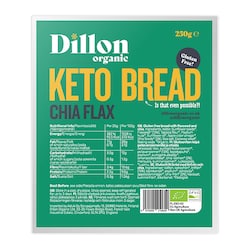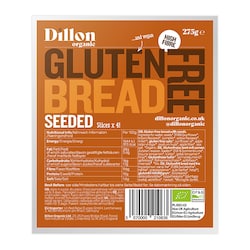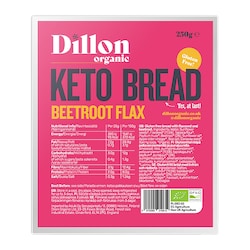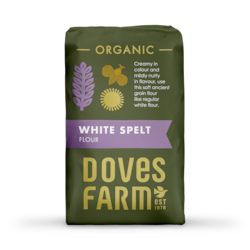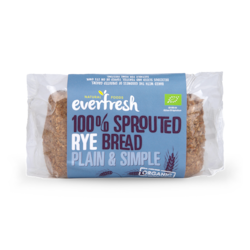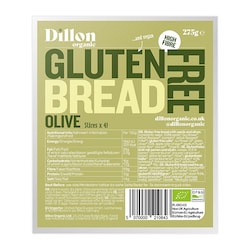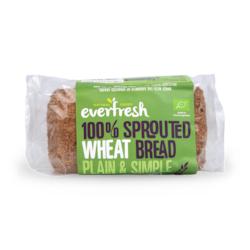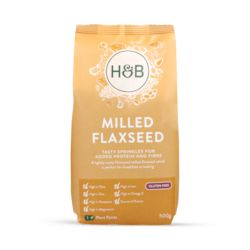15% off £25 OR 20% off £35
Home Baking
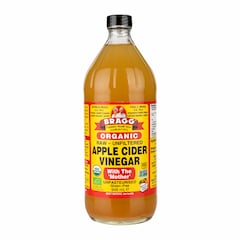
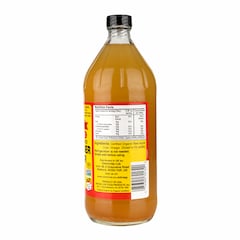
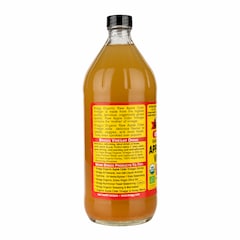
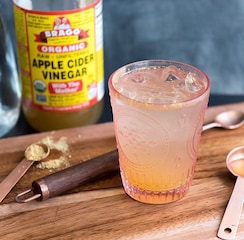
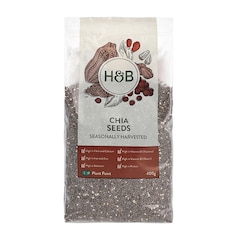
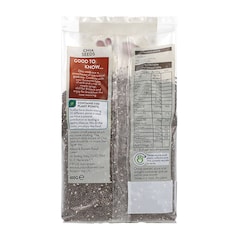
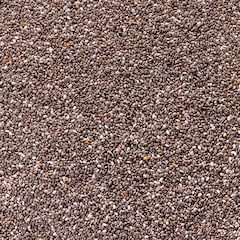
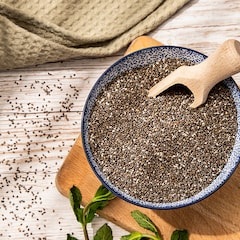
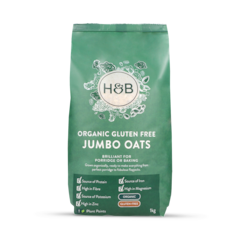
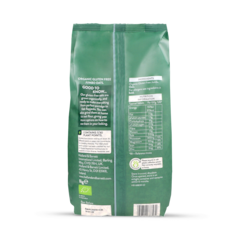
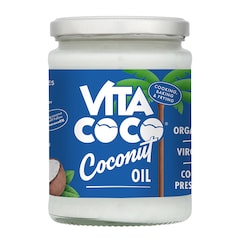
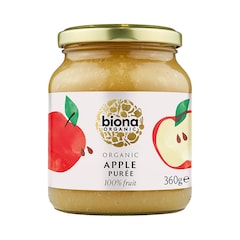
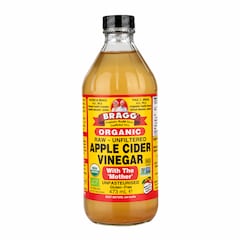
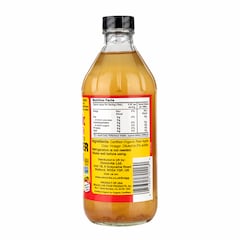
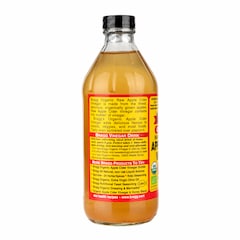
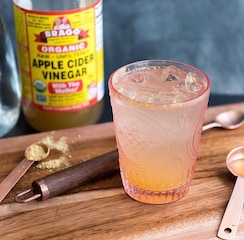

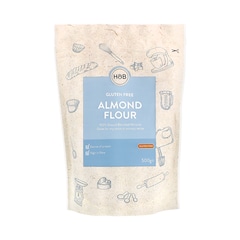
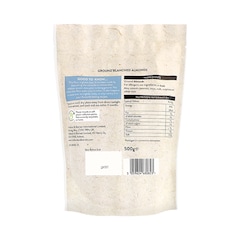
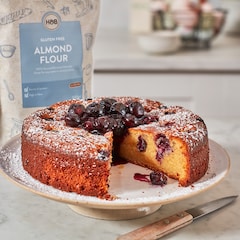
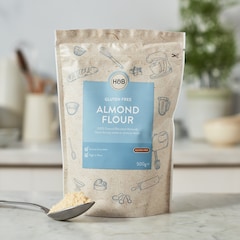
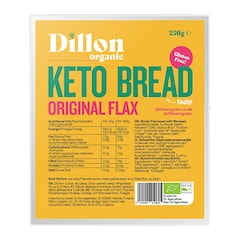
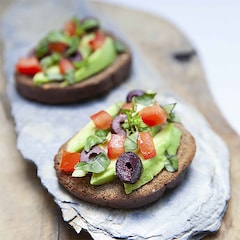
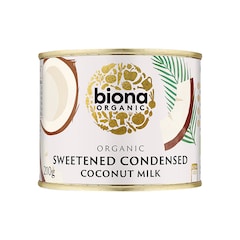
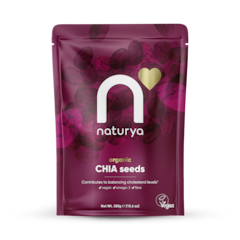
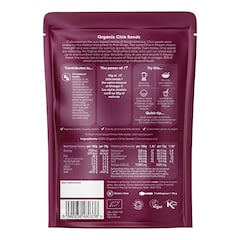
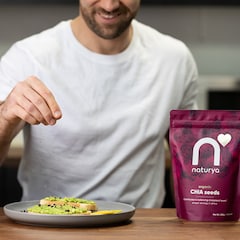
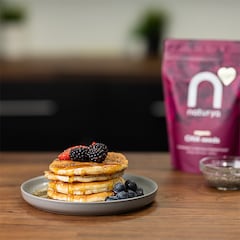
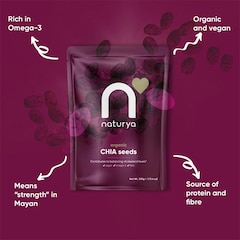
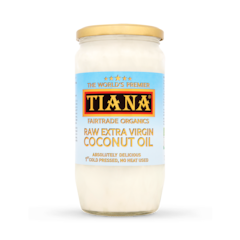
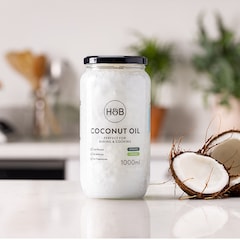
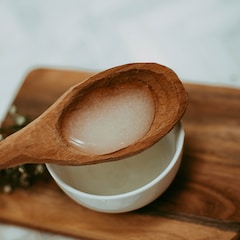
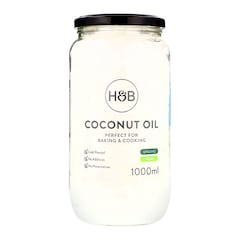
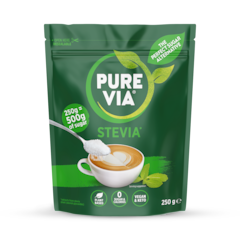
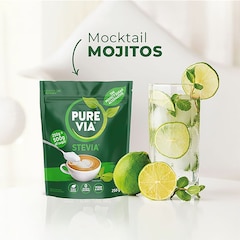
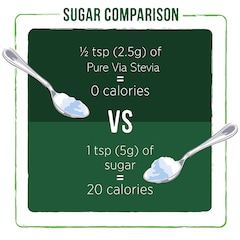
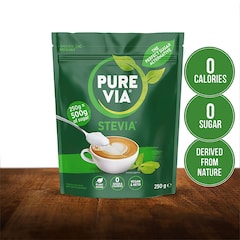
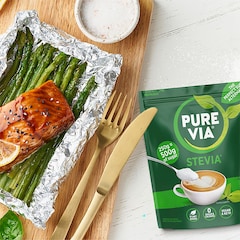
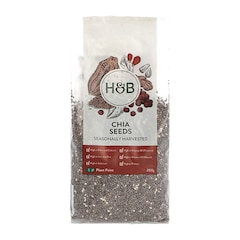
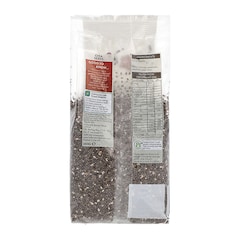
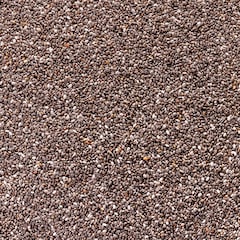
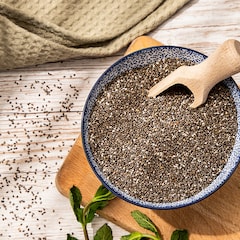
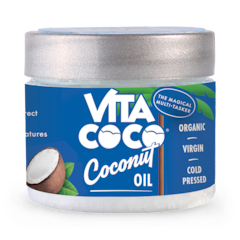
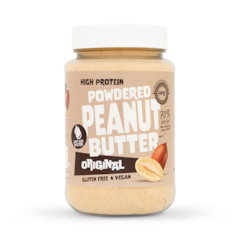
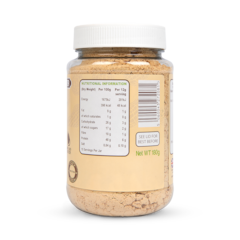
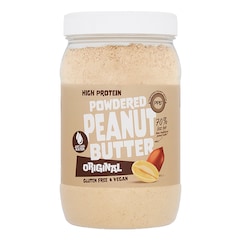
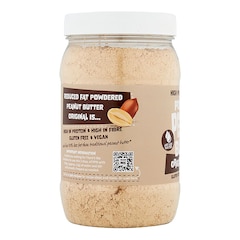
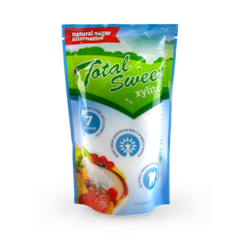
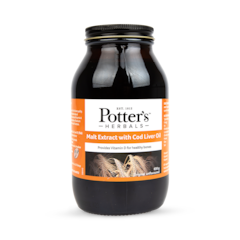
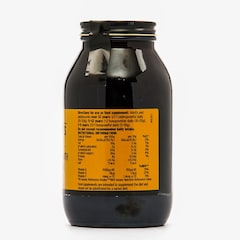
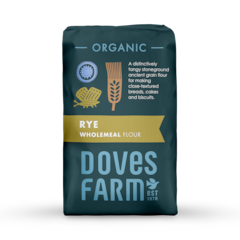
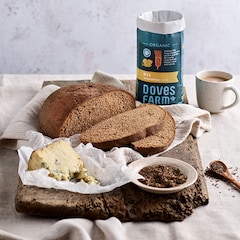
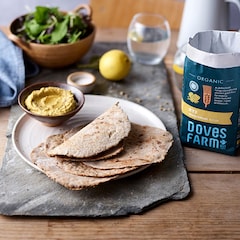
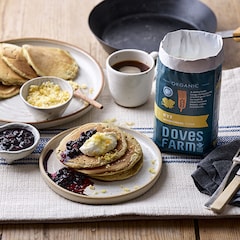
Shop home baking supplies at Holland & Barrett
There is nothing better than filling the whole house with the welcoming aroma of home baking!
From different types of flour for bread and brownies, to sweeteners and flavourings, and gluten free alternatives, no matter your baking needs, we have got you covered.
Some essential ingredients for baking
There are some ingredients which are considered essential staples in your baking cupboard.
They are multi-purpose, so they can be used in lots of different recipes and are therefore very useful to keep a handy supply of.
Here are just some of them for you to stock up on:
Cinnamon
Ground cinnamon is a versatile ingredient, which can be used in a variety of recipes for both cooking and baking.
Ground cinnamon is a spice, with a sweet yet woody flavour and is perfect for use in bread, biscuits and cakes as well as adding to curries, soups and stews.
If you are looking to infuse a recipe with cinnamon flavouring, then you may wish to opt for cinnamon sticks instead.
They have the same flavouring as ground cinnamon but come in a whole stick form. Add them to tea or mulled wine, for a sweet and spicy flavour.
Nutritional yeast
Another ingredient which adds flavour is nutritional yeast.
Engevita Yeast Flakes B12 can be used as a thickener for soups and sauces and can even give a dairy-free cheese flavouring to bread.
Nutritional yeast is a great source of vegan protein.
Anyone following a vegan diet may find it difficult to get their daily recommended allowance of protein, as this usually comes from meat, fish and dairy in a carnivorous diet.
Add these nutritional yeast flakes to savoury dishes such as pasta or to your baking, for a nutty, cheesy taste.
Nutritional yeast is also a source in B12, which again is usually found in animal products.
Vitamin B12 helps to maintain the body’s nerve and blood cells, so if you are a vegan, it can be beneficial to keep a tub of nutritional yeast in your cupboard and sprinkle it on stews, soups and even toast!
Dried fruits
It is a good idea to have a selection of dried fruits on hand, as these can add both flavour and texture to a variety of recipes. Plus they can be eaten on their own as a healthy snack. Just grab a handful if you get peckish!
Try sultanas for cakes, golden raisins for cookies and chopped dates for a traditional sticky toffee pudding – delicious!
Different types of flour
There is not a lot of baking you can do which doesn’t involve flour as a main ingredient. A good flour is therefore one of the top entries of our list of cupboard essentials.
There are lots of different types of flour available which will add slightly different flavours and nutritional benefits to your baking.
Spelt flour
Spelt flour has become popular in the UK over the last couple of years thanks to its nutritional profile.
Spelt flour is made from spelt, an ancient grain similar to wheat in its appearance.
It is an excellent source of fibre, low in sodium and cholesterol free. Spelt flour has a nutty flavour and can be swapped for plain flour in most recipes, including cakes, cookies and muffins.
There is also a wholemeal spelt flour available which is perfect for bread recipes.
Rye flour
Holland & Barrett Rye Flour is low in gluten and has a hearty, rich flavour.
Rye is a powerful grain which is full of antioxidants, phytonutrients, vitamins and minerals.
Rye flour is ideal for use in fruit cakes and scones.
Buckwheat flour
Buckwheat flour is a great alternative to flours made with wheat.
Buckwheat is actually a fruit rather than a cereal, and is closely related to rhubarb.
Buckwheat flour is gluten free so is therefore suitable for anyone with a wheat intolerance.
It is very high in various nutrients including fibre, protein, vitamin D and potassium.
Buckwheat flour has a strong flavour which makes it perfect for savoury recipes including pancakes, pizzas and dumplings.
Potato starch
Potato starch is a gluten free flour substitute with a neutral flavour.
It is extracted from crushed potatoes and then dried to leave a fine powder.
Potato starch is great for use in baking and can be used to make sponge cakes.
)
)
)
)
)
)

